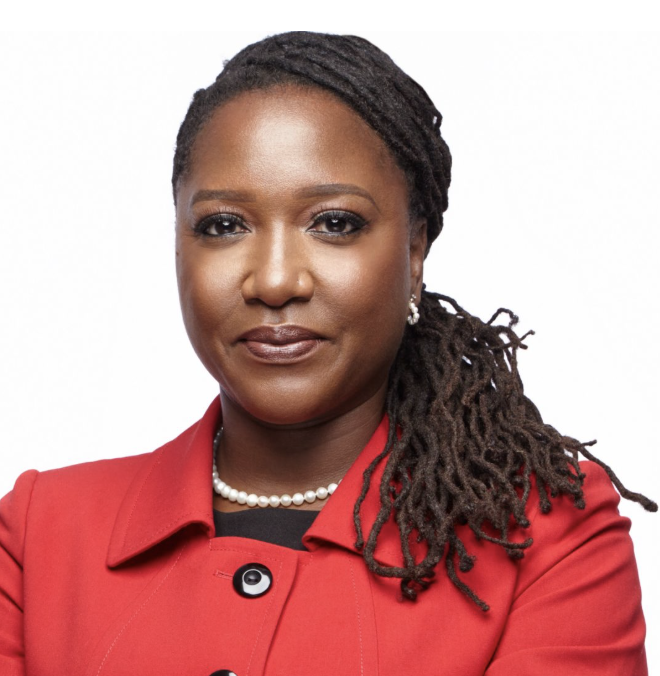“There are years that ask questions, and years that answer.”
Zora Neale Hurston wrote those words in 1937, but they could have been written about 1965. After decades of struggle and bloodshed, that year finally delivered answers. The Voting Rights Act, signed into law that August, didn’t just codify what the Constitution had promised Black Americans for nearly a century – it transformed the very architecture of American democracy, opening pathways to power for millions who had been systematically locked out.
But as we mark that landmark law’s 60th anniversary this summer, we confront a harsh reality: those hard-won rights are more precarious than ever. Key provisions have been hollowed out by court decisions over the last two decades. Dozens of states have seized on this weakened federal oversight to pass restrictive voting laws – from voter ID requirements that disproportionately burden Black and Latino voters, to aggressive voter roll purges that remove eligible citizens from voter lists, to reduced polling hours and locations in communities of color.
And now, the Trump administration has launched a full-scale assault on what remains. Less than two months after taking office, President Trump issued a sweeping executive order requiring individuals to show documentary proof of citizenship in order to register to vote – and permitting only a narrow set of documents, such as a passport, that many Americans don’t have easy access to. The speed with which Trump moved to attack this fundamental right reveals just how essential limiting voting access is to his political agenda.
Meanwhile, in May, the administration shifted the focus of the Department of Justice’s Civil Rights Division away from protecting voting rights and toward investigating voter fraud, even though such fraud is exceedingly rare. Since its creation in 1957 at the height of the Jim Crow era, the Civil Rights Division has served as the nation’s primary enforcer of voting rights protections. Now it has become merely another lever of federal power for Trump to impose his political agenda, abandoning its historic mission just when it’s needed most.
Yes, this is a precarious moment for voting rights. Yet it is precisely the kind of moment for which the Legal Defense Fund was built. For 85 years we have been using the power of law, narrative, advocacy, and people to fight against state-sponsored anti-Black racism. And today is no different. Our vision is of a more secure, just, and equitable future for Black people, where power is shared, dignity is sacred, and thriving is the standard for everyone. And we won’t rest until that vision is a reality.
To that end, we are deploying every tool in our arsenal to defend voting rights and preserve our multiracial democracy. At the federal level, we are actively pushing for legislation, like the John Lewis Voting Rights Advancement Act, that would restore and strengthen the Voting Rights Act of 1965.
In the courts, we are fighting every discriminatory law, every unconstitutional executive order, and every attempt to dilute the political power of historically marginalized communities. Our lawsuits against the Trump administration are already yielding results, with federal courts blocking key pieces of the administration's assault on civil rights. We are prepared to take every case to the Supreme Court if necessary to defend the fundamental right to vote.
At the state level, we are advocating for state-level Voting Rights Acts that can provide protections even when federal enforcement fails. And on the ground we are ensuring voters are aware of their rights, prepared to cast their ballots in every election, and know how to report voter suppression incidents when they happen.
This won’t be an easy mountain to climb. But if we consider the morass through which our forebears had to wade, the seemingly insurmountable obstacles that blocked the winding road to desegregation and civil rights — not to mention the false starts and setbacks — it becomes clear that we possess all the tools we need to ascend from this chaos and calamity: mastery of the law, dauntless imagination, and an unrelenting spirit of survival. And, if we collectively organize to leverage these powers and the many others we possess, we will emerge stronger and more sober about what it takes to fool-proof our multiracial democracy from capture and corruption.
We have always known that democracy is not a destination but an ongoing struggle – arduously weaving its way from the banks of Jamestown to the hills of Gettysburg to the lunch counters of Greensboro. Each generation of Black Americans has had to bend this country ever more toward justice – and now that responsibility falls to us. We are engaged in this fight. We were built for this fight. And we will continue this fight – today, tomorrow, and all the days after.



